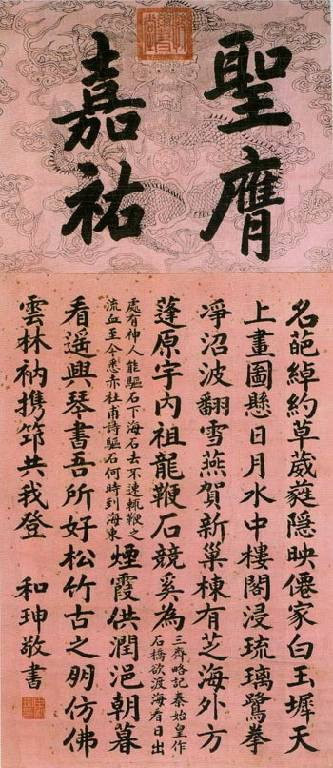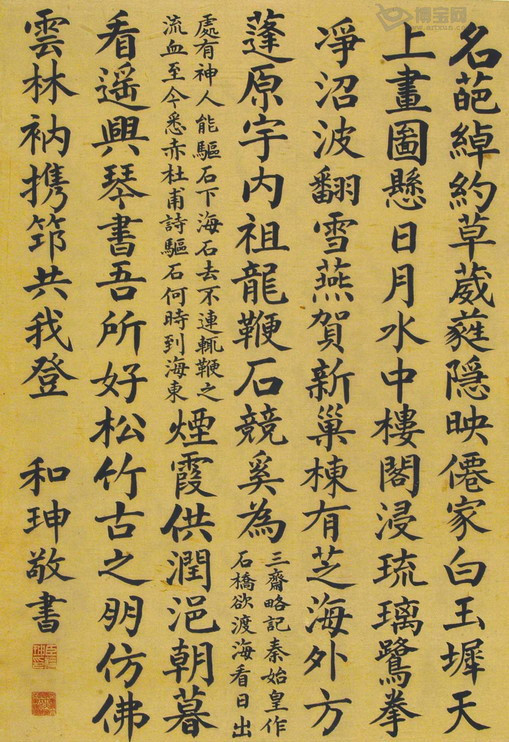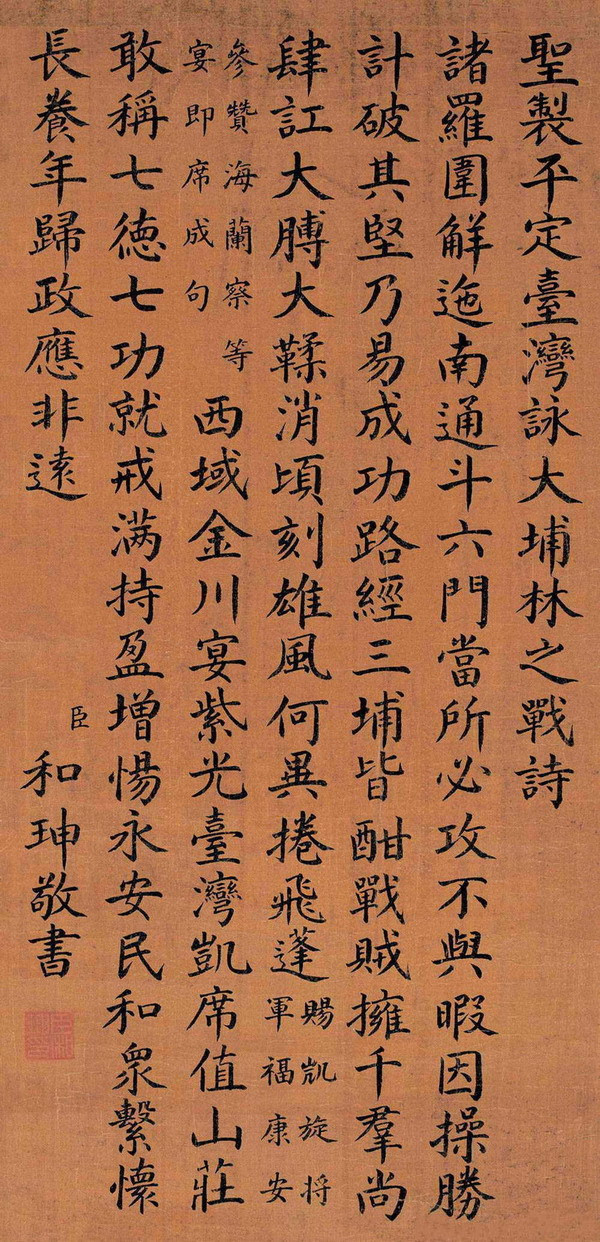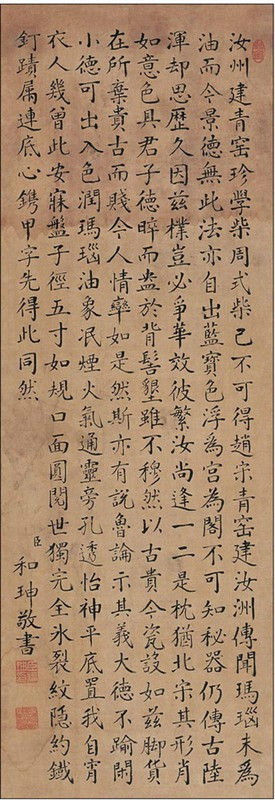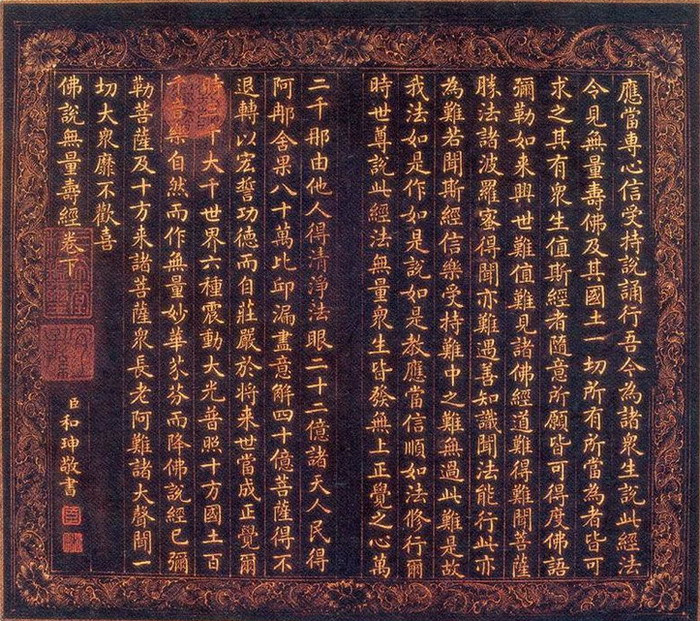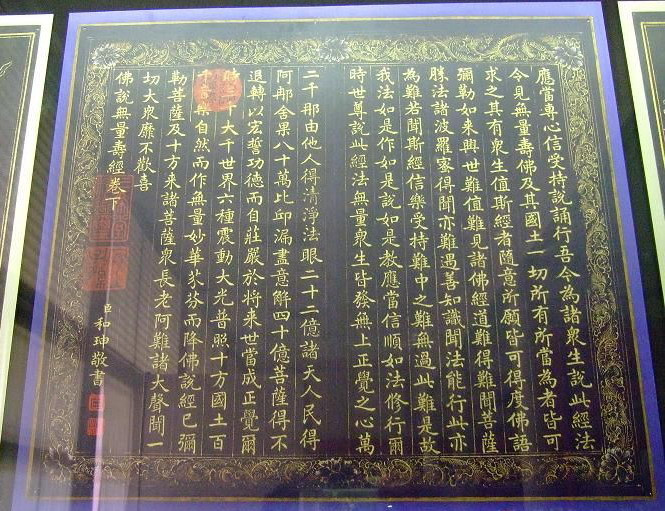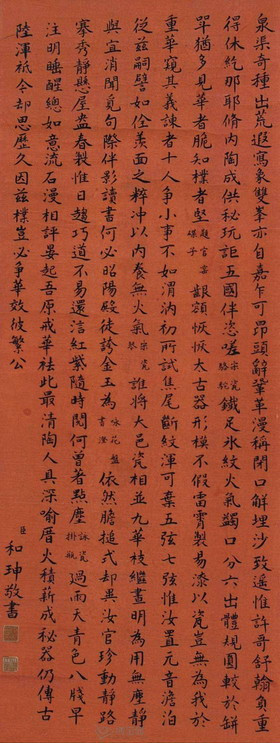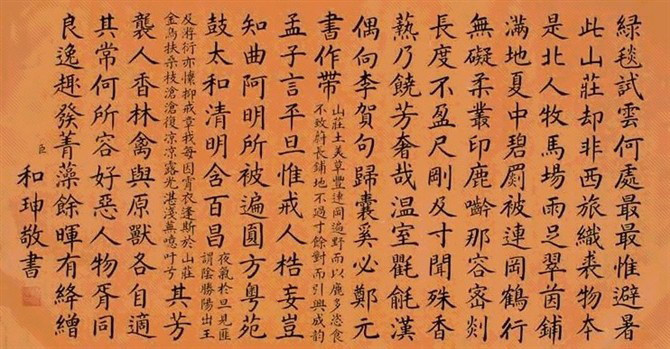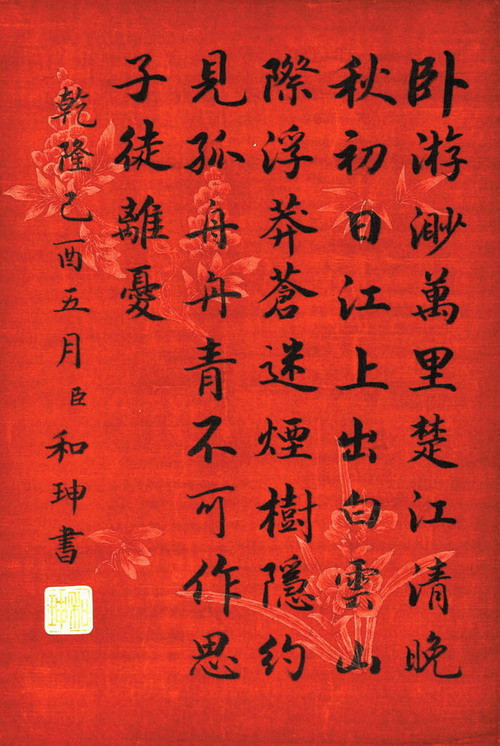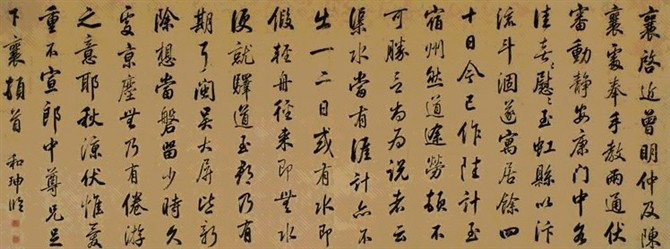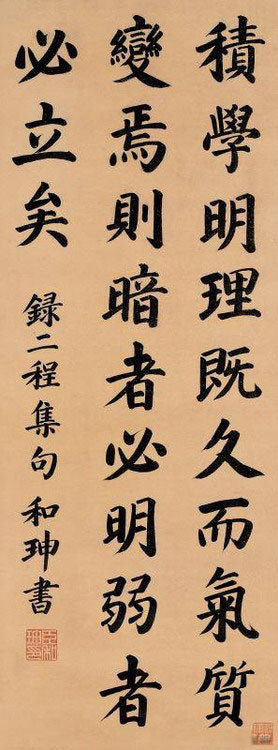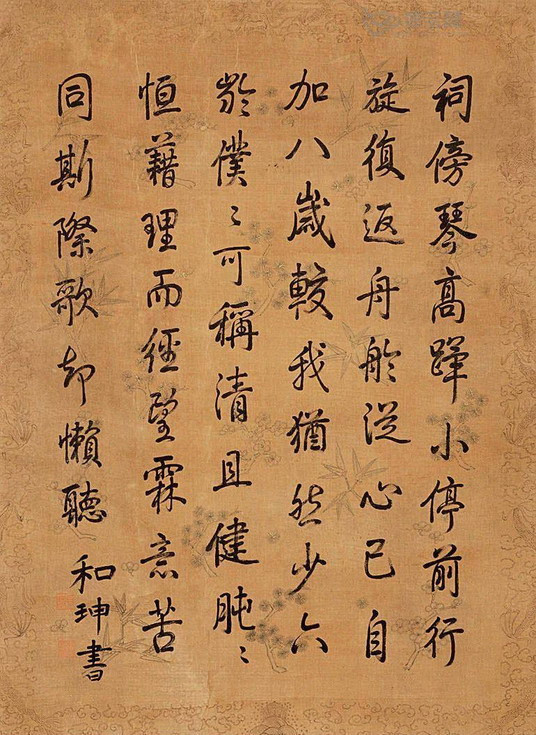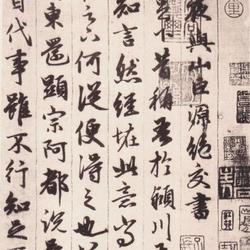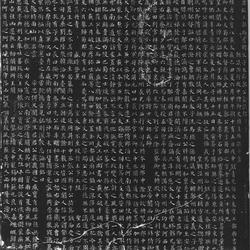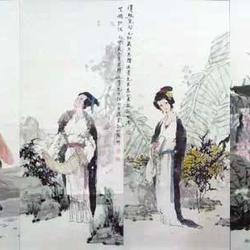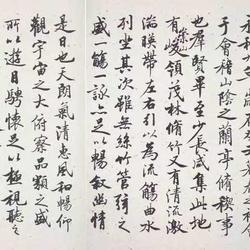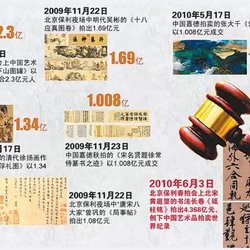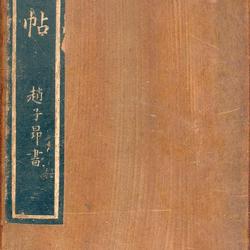Do you believe it? This is He Shen’s calligraphy
He Shen (May 28, 1750 - February 22, 1799), Niu Hulu's surname, formerly known as Shanbao, with the courtesy name Zhizhai, was the owner of Jiale Hall, Shihu Garden, and Green Field Pavilion, and was the second emperor of Manchuria Zhenghongqi. Jia La people were officials and businessmen during the Qianlong period of the Qing Dynasty.
On May 28, the fifteenth year of Qianlong's reign (July 1, 1750 AD), He Shen was born in the home of Chang Bao, the deputy capital of Fujian. His mother died of dystocia when he was three years old. He Shen gave birth to his younger brother He Lin on his deathbed. His father Chang Bao He Shen also died of illness when he was nine years old. Fortunately, an old servant and a side house of his father protected He Shen and He Lin from being kicked out of the house. Heshen was admitted to Xian'an Palace. Heshen was proficient in four languages: Manchu, Chinese, Mongolian and Tibetan, and he had read the Four Books and Five Classics thoroughly.
When He Shen first became an official, he was smart, capable, and honest in government. He consolidated his position through the Li Shiyao case. Emperor Qianlong favored him and married his youngest daughter, Princess Ten, to Heshen's eldest son Fengshen Yinde, making Heshen not only powerful but also a relative of the emperor. As his power grew, his selfish desires also expanded. He took advantage of his position to form parties for personal gain, amass money, and attack political opponents. In addition, Heshen also personally operated industry and commerce, opened 75 pawn shops, set up more than 300 large and small banks, and had business dealings with the British East India Company and the Guangdong No. 13 Bank.
Heshen held or concurrently held a large number of important government positions in the Qing Dynasty at that time, and was awarded the first-class Zhongxiang Gong and the Wenhua Palace Bachelor. His positions mainly included the chief bachelor of the cabinet, the foreman military aircraft minister, the official minister, the household minister, and the criminal minister. He also served as the director of the Ministry of Internal Affairs, the bachelor of the Hanlin Academy, the chief compiler of the "Sikuquanshu", the minister of internal bodyguards, and the commander of the infantry army. In the fourth year of Jiaqing (1799), Emperor Jiaqing issued an order to dismiss He Shen and be imprisoned. The wealth He Shen accumulated was worth approximately 800 million taels to 1.1 billion taels of silver. The gold and silver he owned, plus other antiques and treasures, exceeded the total fiscal revenue of the Qing government in the fifteen years. Fifteen days after Emperor Qianlong's death, Emperor Jiaqing ordered Heshen to commit suicide.
He Shen was highly accomplished in calligraphy and poetry, and his calligraphy was so similar to that of Qianlong that it looked real. In fact, He Kun is very talented, extremely intelligent, savvy in power, good at winning people's hearts, and pleases the emperor. He is in a high position and has long been greedy and arrogant. This is the inevitable outcome of the abnormal development of personality and psychology. This person is worth studying.
